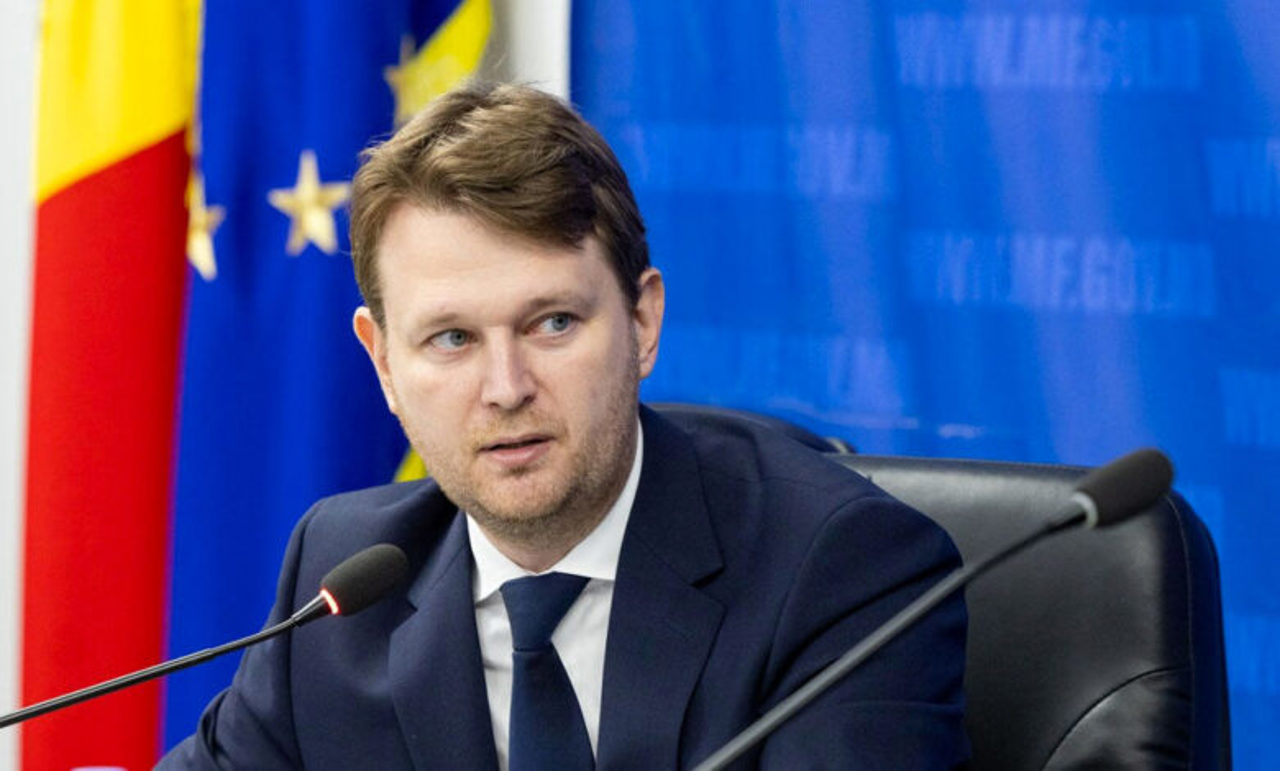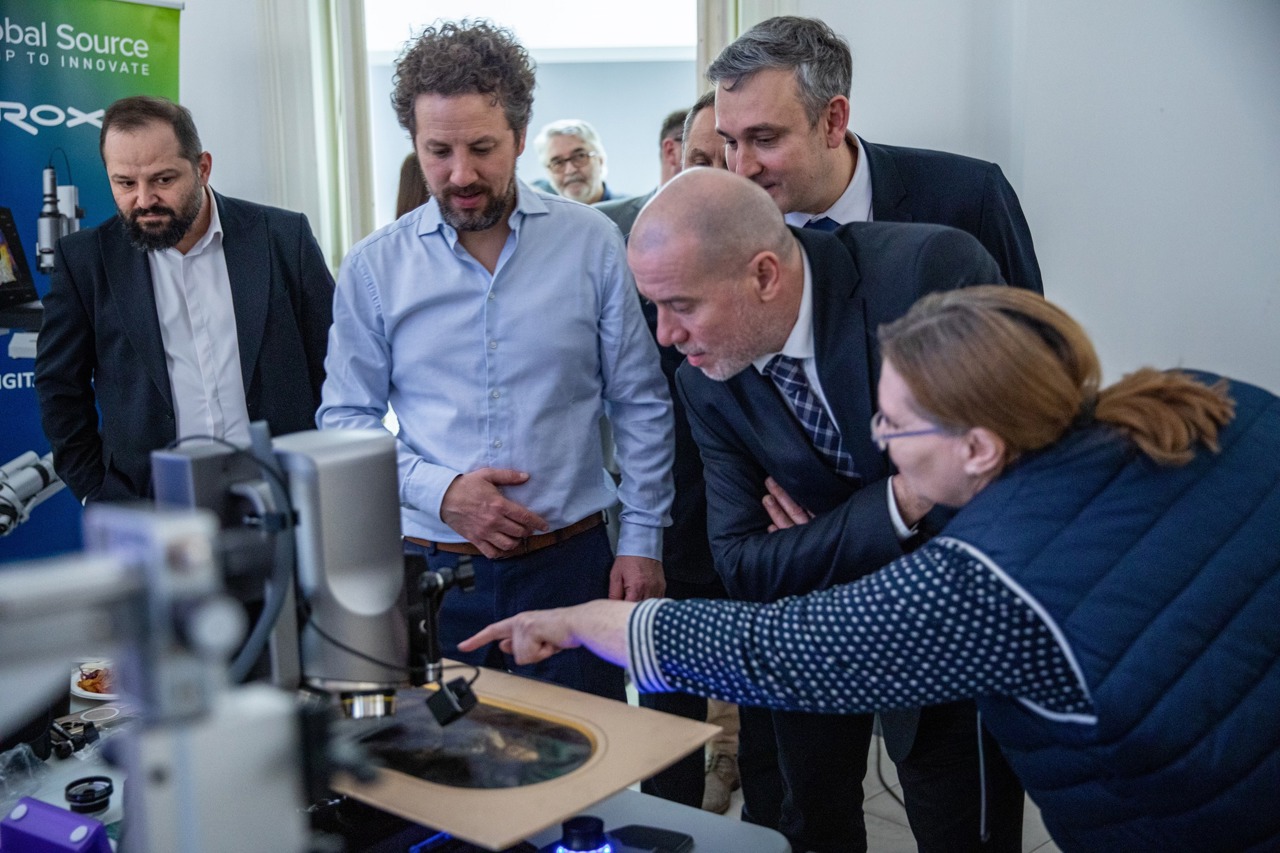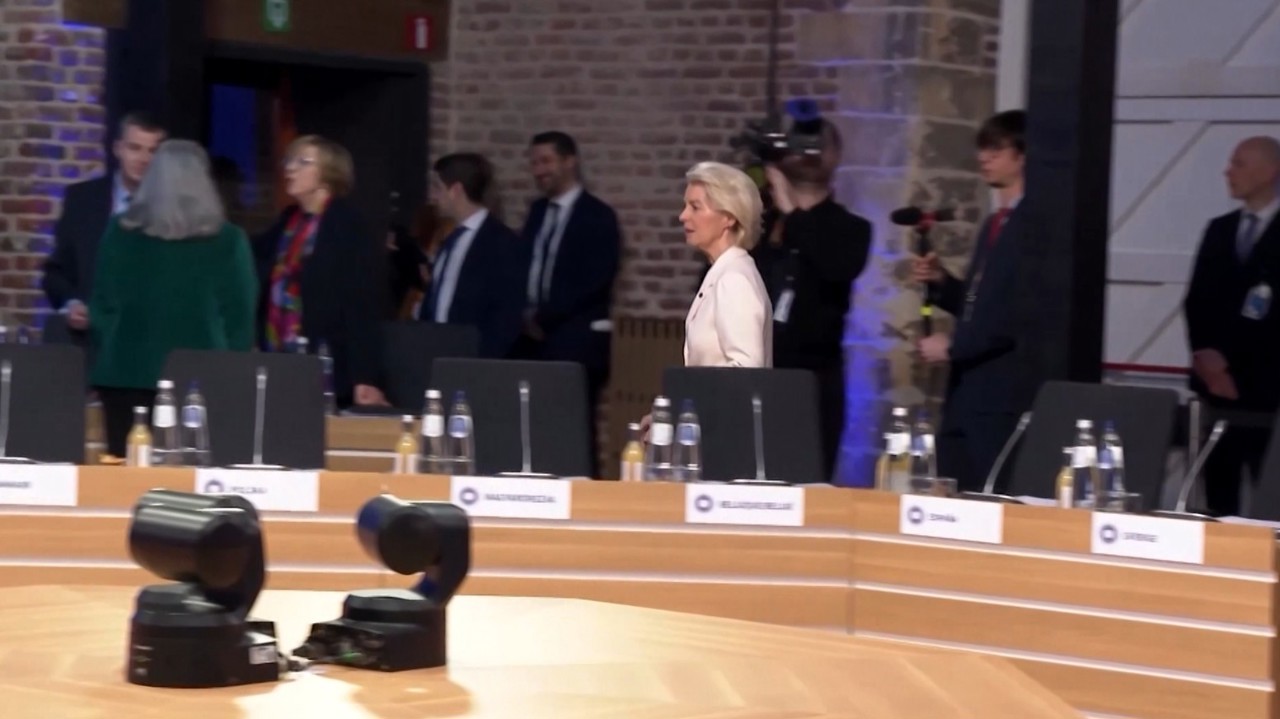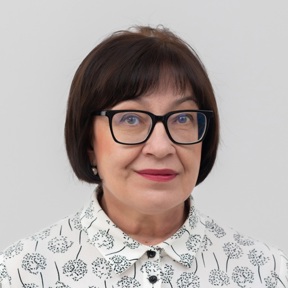Expert: Tiraspol's measures to undermine independent media are illegal
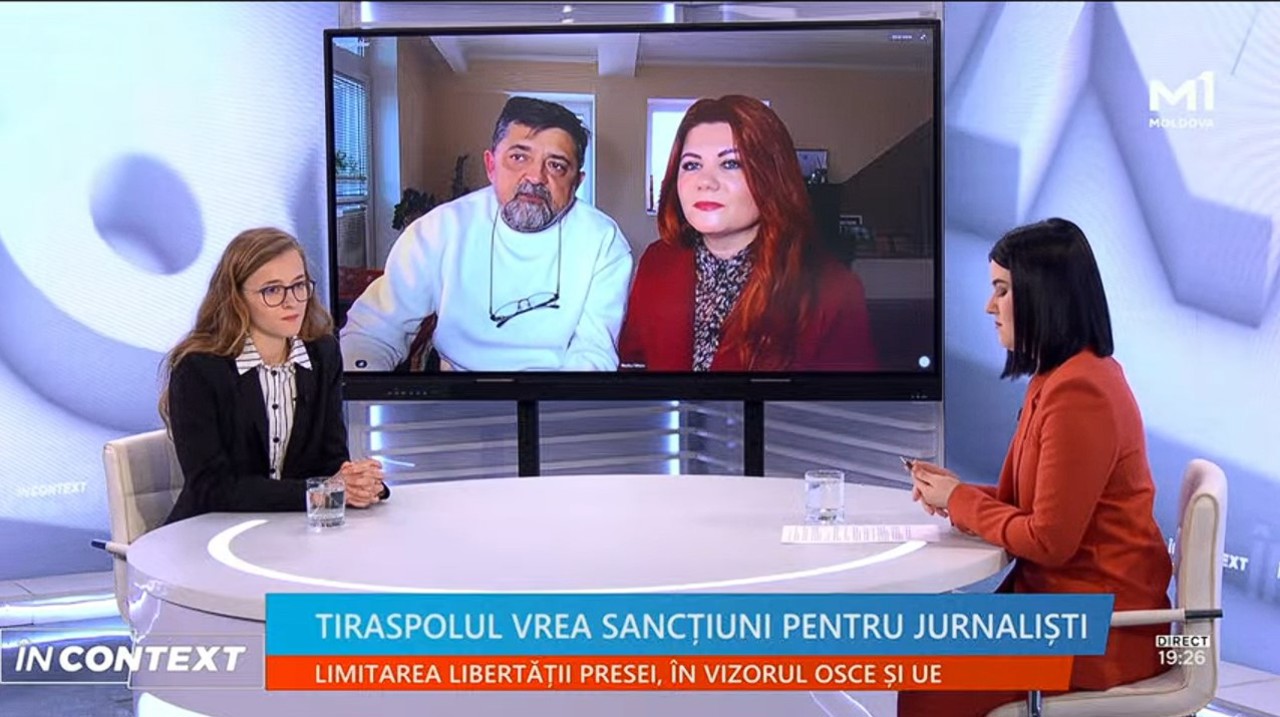
Tiraspol's plan to impose fines on "foreign" media that lack accreditation from the separatist authorities is illegal, according to Mihaela Șerpi, an analyst from IN CONTEXT Promo-LEX. She states, "The secessionist regime intends these measures to prevent any objective and independent reporting of the situation in the region, thereby maintaining their monopoly and keeping citizens in an information vacuum."
It is an illegal initiative issued by structures that act outside the constitutional framework, to violate human rights and freedoms. Although this accreditation is requested, in reality, it is refused, citing reasons such as the “risk of terrorist attacks” or the fact that journalists “would misinform public opinion”. (...) Residents of the region who collaborate with the media on the right bank are identified by the so-called Transnistrian militiamen and warned that they risk being accused of “treason” and 20 years in prison. Unfortunately, there are no mechanisms to protect these people.
According to the expert, for three decades the media in the region has been controlled, and "media products produced by independent foreign correspondents contribute to the creation of a critical mass, which would question the authoritarian order established by Tiraspol".
Journalist Andrei Captarenco claims that he requested accreditation, but was refused because the alleged "Transnistrian authority cannot ensure safety".
There are double standards, because this principle does not apply to the pro-Russian media, and other journalists are not accepted. We notice that many bloggers who promote Putinist narratives are welcome. They are afraid that we will not gather information, because many people are not satisfied with the life they have there. It is a great injustice.
Journalist Viorica Tataru reported that, almost every time she was in the region, she was assaulted or even detained, which is why she must always "ensure her security" by notifying the competent authorities.
"The moment you want to film or document, you are threatened and assaulted; you can be deprived of equipment or ordered to delete the video materials."
This initiative not only limits the freedom of the media, but also the right to freedom of expression of citizens from the left bank of the Nistru, because the people of that region need to voice their problems and be heard. Although very little material was already being produced from the region, now it is even more complicated. We are completely limited, but we must not let ourselves be intimidated, even under these conditions.
We recall that on March 31, the self-proclaimed "legislator" from Tiraspol published a purported legislative initiative that provides for the introduction of fines for "foreign" reporters, including those from the territory on the right bank of the Nistru, who carry out journalistic activities in the Transnistrian region without prior accreditation from the separatist forces in Tiraspol.
In response, eight media organizations signed a statement “strongly condemning the abusive and illegal actions of the separatist forces in Tiraspol, directed against journalists, and signalling the inadmissibility of tolerating the initiative to “legislate” instruments to undermine press freedom”.
Tiraspol’s actions to limit press freedom are also under the watchful eye of the OSCE and the EU. The initiative will also be addressed by Deputy Prime Minister for Reintegration, Oleg Serebrian, during talks on April 7 with the Special Representative of the OSCE Chairman-in-Office, Ambassador Thomas Lenck, as well as the EU Special Representative for the transnistrian settlement process, Dorota Dlouchy-Suliga.
